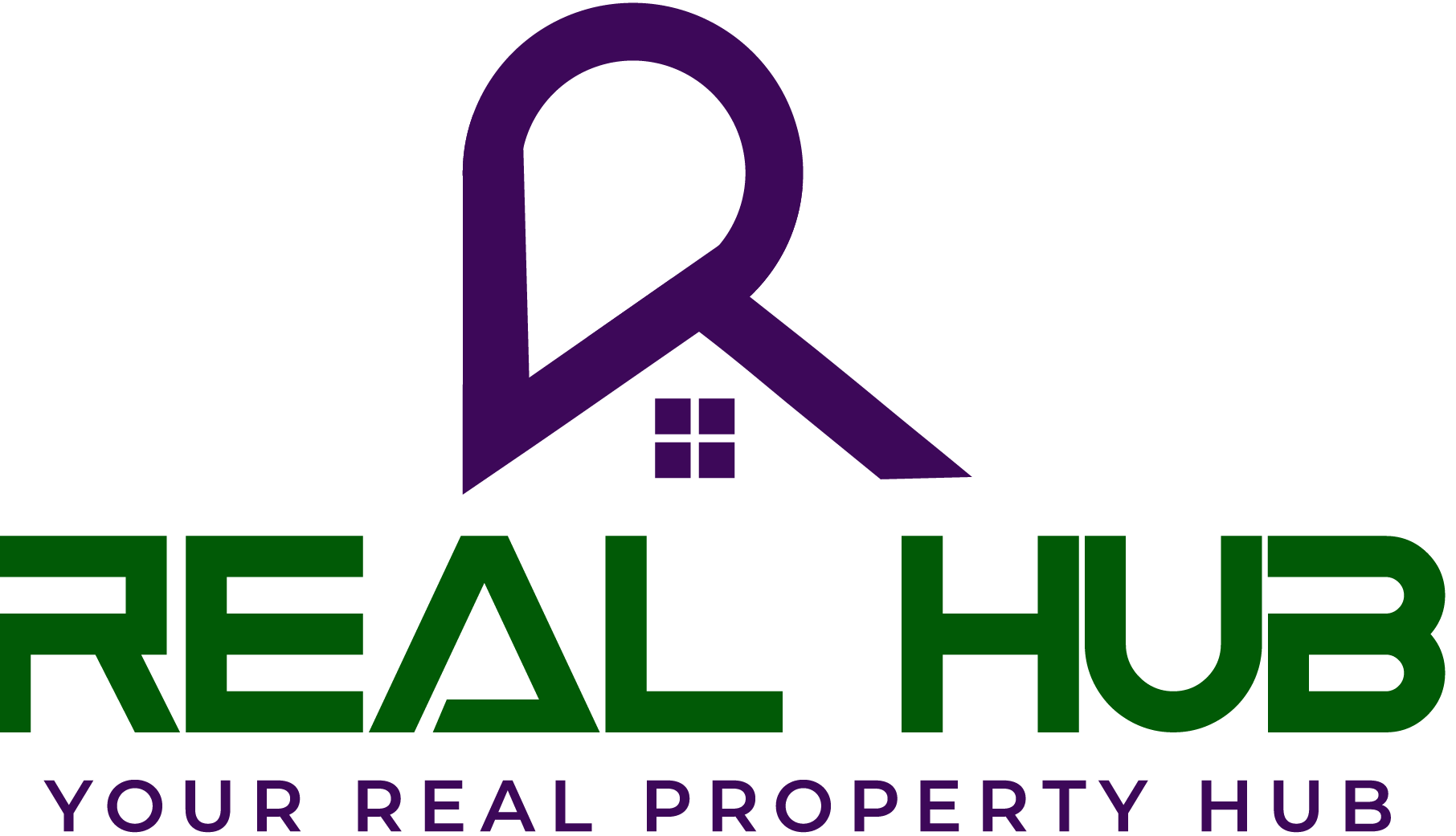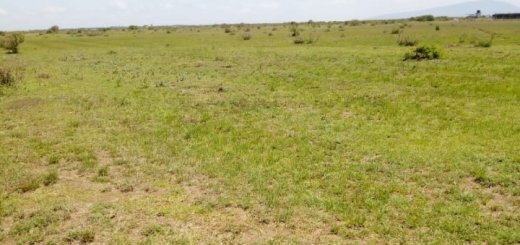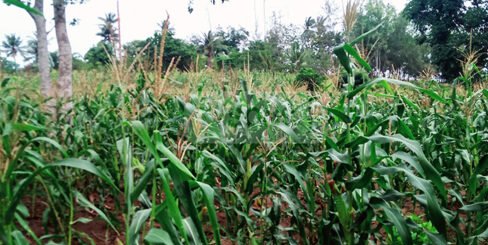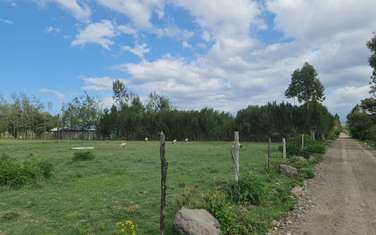Leasing vs. Buying Land for Farming: What Works Best in Kenya?
Kenya’s agricultural sector is a vital pillar of the economy, contributing significantly to employment, food security, and GDP. For many farmers and agripreneurs, a critical decision they must make when starting or expanding their farming ventures is whether to lease or buy land. Both options have their pros and cons, depending on the investor’s goals, resources, and circumstances. In this article, we’ll explore the differences between leasing vs. buying land in Kenya, the factors to consider, and which option works best for different farming scenarios.
Overview of Farming Land in Kenya
Kenya boasts diverse agricultural zones, ranging from fertile highlands to semi-arid regions, supporting a wide variety of crops and livestock farming. While agriculture offers lucrative opportunities, acquiring land remains a significant challenge for many due to high costs, limited availability, and legal complexities.

Leasing vs. Buying Land
For those weighing the pros and cons of leasing vs. buying land, understanding the Kenyan land market and its legal framework is essential. The 2010 Kenyan Constitution classifies land as public, private, or community land, and each category has specific acquisition processes and legal requirements.
Leasing vs. Buying Land: Key Considerations
1. Cost Implications
- Leasing Land:
Leasing land requires significantly lower upfront capital compared to purchasing. This is especially advantageous for small-scale farmers or those venturing into farming for the first time. Leasing allows you to start farming with minimal financial strain while keeping your working capital available for operational expenses such as seeds, equipment, and labor. - Buying Land:
Purchasing land involves high initial costs. In prime agricultural areas such as Trans Nzoia or Uasin Gishu, an acre of land can cost anywhere from KES 200,000 to over KES 1 million. While buying land is a long-term investment, it requires significant financial preparation and often excludes small-scale or new farmers with limited budgets.
2. Flexibility and Commitment
- Leasing Land:
Leasing offers flexibility, allowing farmers to experiment with different crops or farming practices without a long-term commitment. If the land doesn’t yield the expected returns, you can opt not to renew the lease. Leasing is ideal for those testing the waters or operating in volatile markets, such as horticulture or floriculture, where demand and prices fluctuate. - Buying Land:
Buying land requires a long-term commitment, as it ties up capital and makes relocation difficult. However, owning land offers stability and allows farmers to plan for long-term projects, such as agroforestry or perennial crops like coffee and tea.
3. Access to Credit and Investment
- Leasing Land:
Leasing does not give you ownership rights, limiting your ability to use the land as collateral for loans. This can hinder your ability to access credit for expanding your farming operations. - Buying Land:
Land ownership is a valuable asset that can be used as collateral to secure loans for agricultural inputs, machinery, or infrastructure development. Owning land provides financial leverage, which can be crucial for scaling up operations.
4. Land Use Restrictions
- Leasing Land:
Lease agreements often come with restrictions on land use, such as the types of crops that can be grown or whether permanent structures can be built. This can limit your ability to diversify or scale your farming activities. - Buying Land:
When you own land, you have complete control over its use. This autonomy allows you to implement long-term projects and make improvements, such as soil conservation measures or irrigation systems, without seeking approval.
5. Risk Exposure
- Leasing Land:
Leasing minimizes financial risk, especially for farmers dealing with unpredictable weather patterns, market fluctuations, or crop failures. If a farming venture fails, your financial loss is limited to the lease payments and operational costs. - Buying Land:
Purchasing land involves higher financial risk. If the farming venture fails or the land does not perform as expected, you may incur significant losses. Additionally, selling agricultural land can take time, especially in a sluggish market.
Pros and Cons of Leasing Land
Pros:
- Lower Initial Investment: Ideal for new farmers or those with limited capital.
- Flexibility: Allows for short-term farming ventures and experimentation.
- Reduced Risk: Limits financial exposure in case of failure or unforeseen challenges.
Cons:
- Lack of Ownership: No asset to leverage for loans or long-term projects.
- Restrictions: Lease agreements may limit land use or improvements.
- Dependency: Renewal of the lease depends on the landowner, creating potential uncertainty.
Pros and Cons of Buying Land
Pros:
- Ownership Rights: Full control over land use and the ability to build permanent structures.
- Asset Value: Land appreciates over time and can be used as collateral.
- Stability: Suitable for long-term farming projects.
Cons:
- High Upfront Cost: Requires substantial financial preparation.
- Risk Exposure: Higher financial loss if the venture fails.
- Liquidity Issues: Selling agricultural land can take time.
Leasing vs. Buying Land: What Works Best for Different Scenarios
1. For Small-Scale Farmers
Leasing is the better option for small-scale farmers with limited capital. It allows them to start farming without incurring the high costs of land ownership. For instance, a farmer in Nakuru County can lease a few acres for vegetable farming, test the viability of the venture, and scale up later.
2. For Commercial Farming
Buying land is more suitable for commercial farmers planning large-scale operations. Ownership provides the stability needed for long-term investments, such as building irrigation systems or planting perennial crops like tea and coffee.
3. For Agripreneurs and Startups
Leasing is ideal for agripreneurs entering niche markets like floriculture or organic farming. It minimizes their financial risk while allowing them to focus on growing their business.
4. For Diaspora Investors
Diaspora investors may prefer buying land as a long-term investment. Land ownership allows them to set up permanent farming operations or lease the land to local farmers for passive income.
Legal and Practical Considerations
1. Lease Agreements
- Ensure the lease agreement clearly outlines terms, including the duration, payment structure, and land use restrictions.
- Work with a legal expert to avoid disputes with the landowner.
2. Land Ownership Verification
- Verify the title deed with the Ministry of Lands to ensure the seller has legitimate ownership of the land.
- Conduct due diligence to avoid purchasing land with pending disputes or encumbrances.
3. Land-Use Planning
- Whether leasing or buying, ensure the land is suitable for your intended crops or livestock. Soil tests, water availability, and climate suitability are critical factors to assess.
Future Trends in Farming Land Acquisition in Kenya
- Agri-Tech Integration: With advancements in agri-tech, leasing land may become more attractive for tech-savvy farmers experimenting with precision farming or hydroponics.
- Land Pooling: Groups of farmers may pool resources to lease or buy land collectively, reducing individual costs.
- Government Support: Initiatives like subsidized leasing of idle public land could boost agricultural productivity.
- Sustainable Farming Practices: Both leasing and buying land will increasingly focus on sustainable practices to address climate change and resource depletion.
Conclusion
The decision between leasing vs. buying land for farming in Kenya depends on several factors, including your financial capacity, farming goals, and risk tolerance. Leasing offers flexibility and lower costs, making it ideal for small-scale farmers, startups, or those exploring new ventures. On the other hand, buying land provides stability, ownership rights, and long-term investment potential, making it suitable for large-scale and commercial farming operations.
By carefully weighing the pros and cons of each option and considering your specific circumstances, you can make an informed decision that aligns with your agricultural ambitions. Whether you choose to lease or buy, Kenya’s vibrant agricultural sector offers vast opportunities for success.



